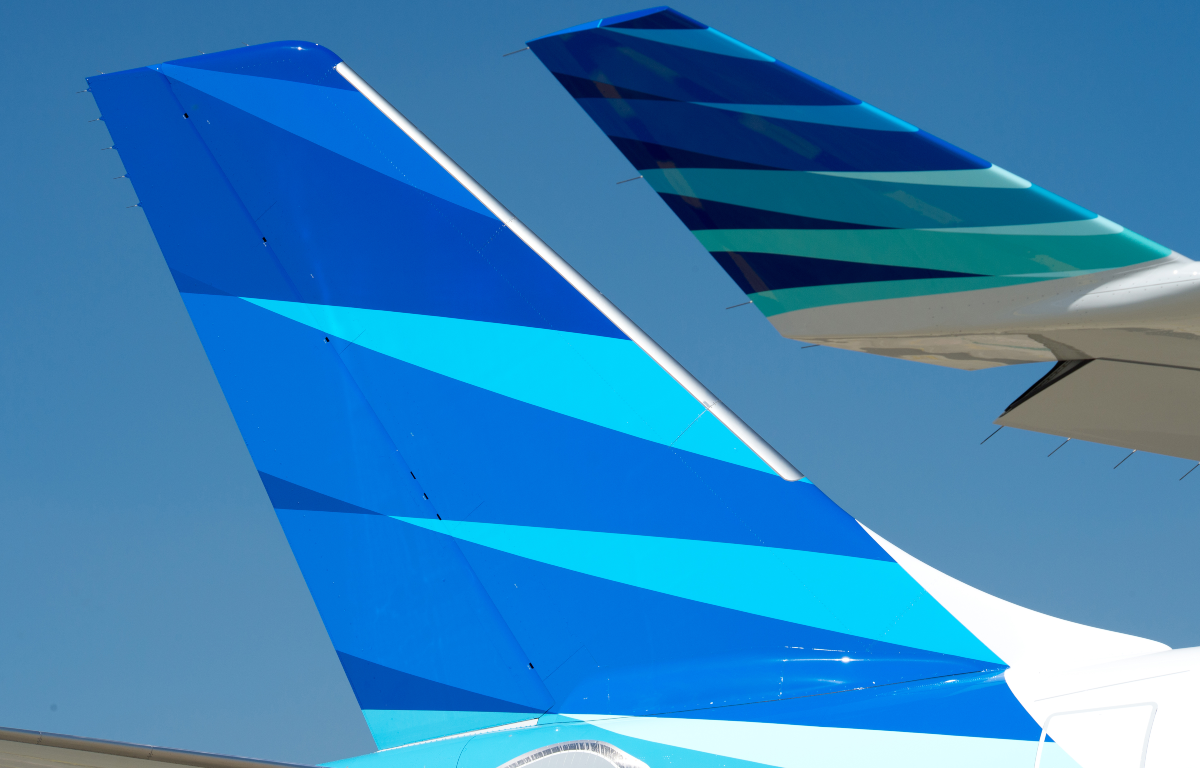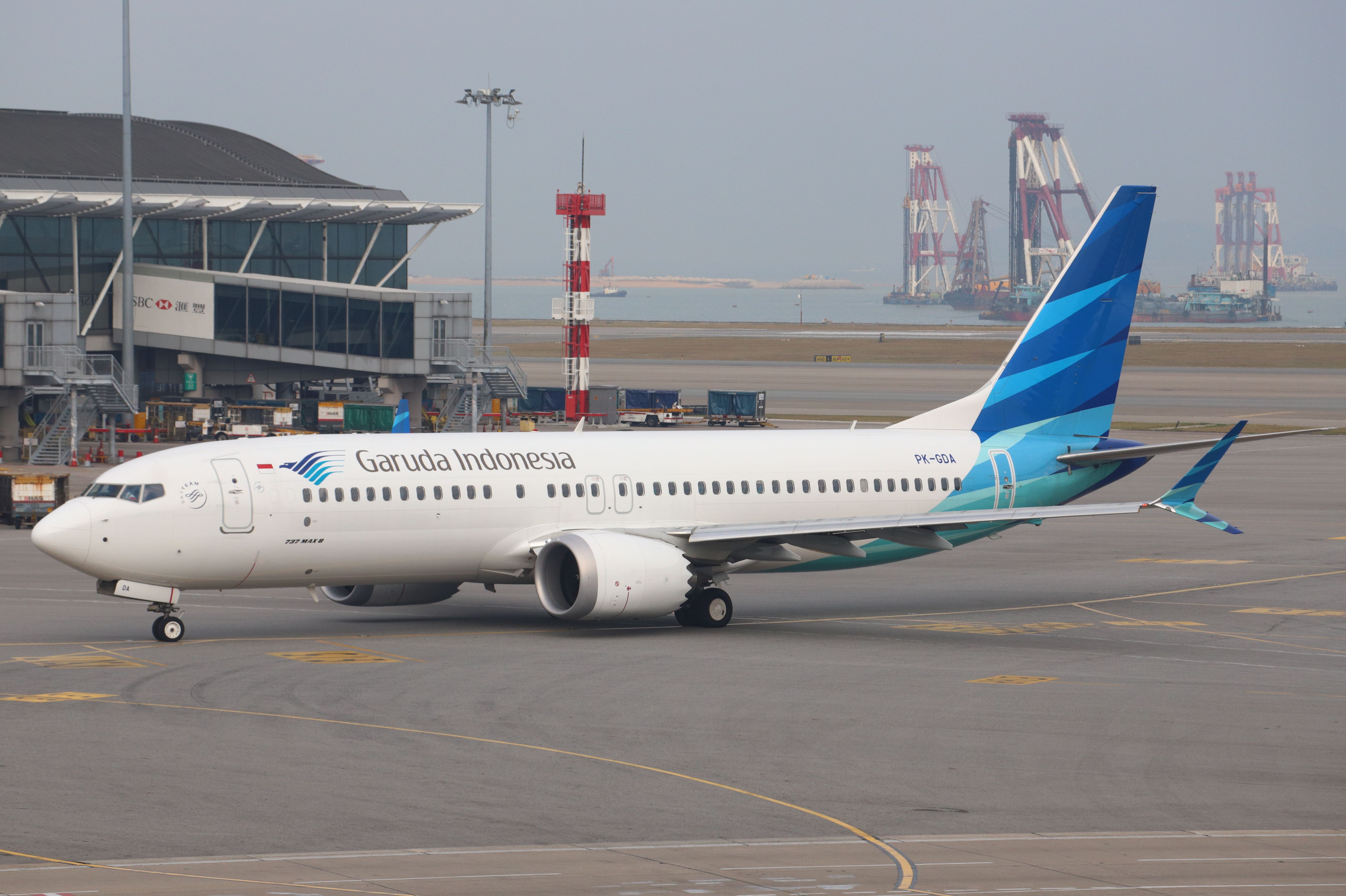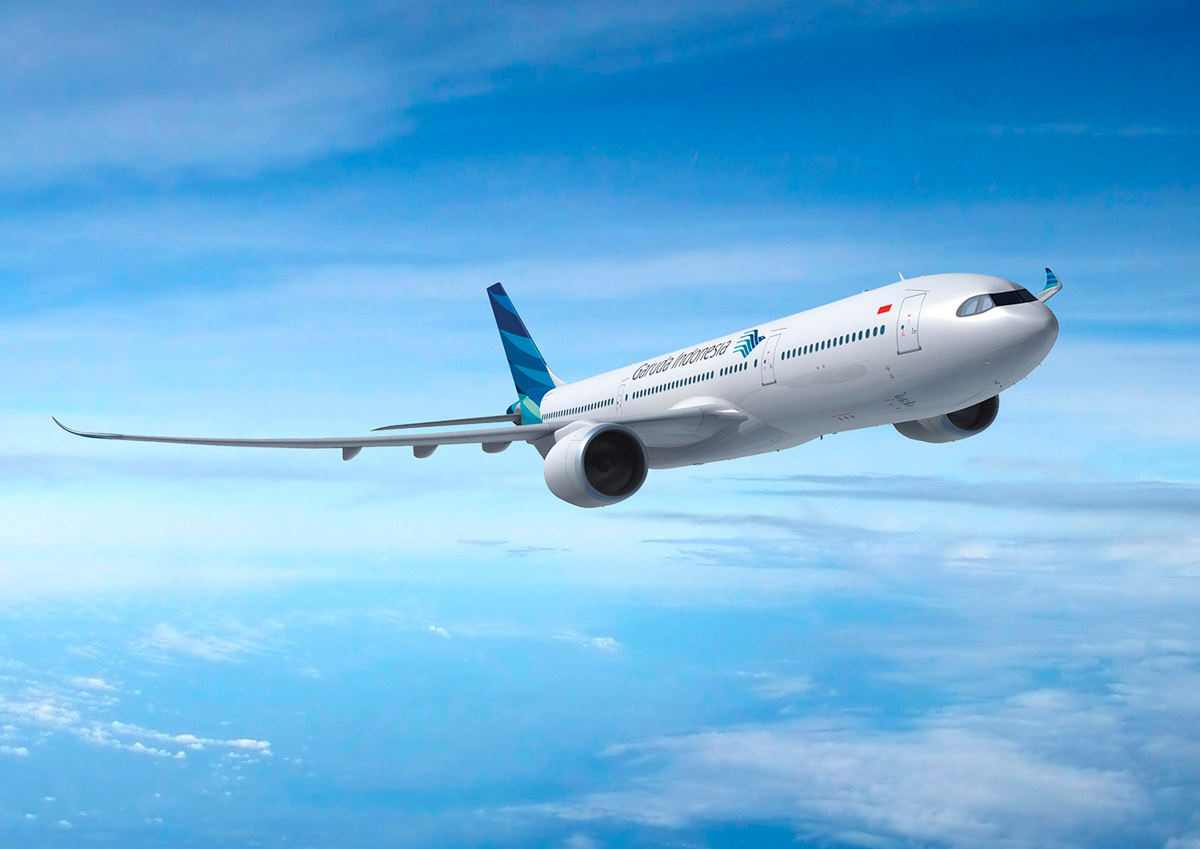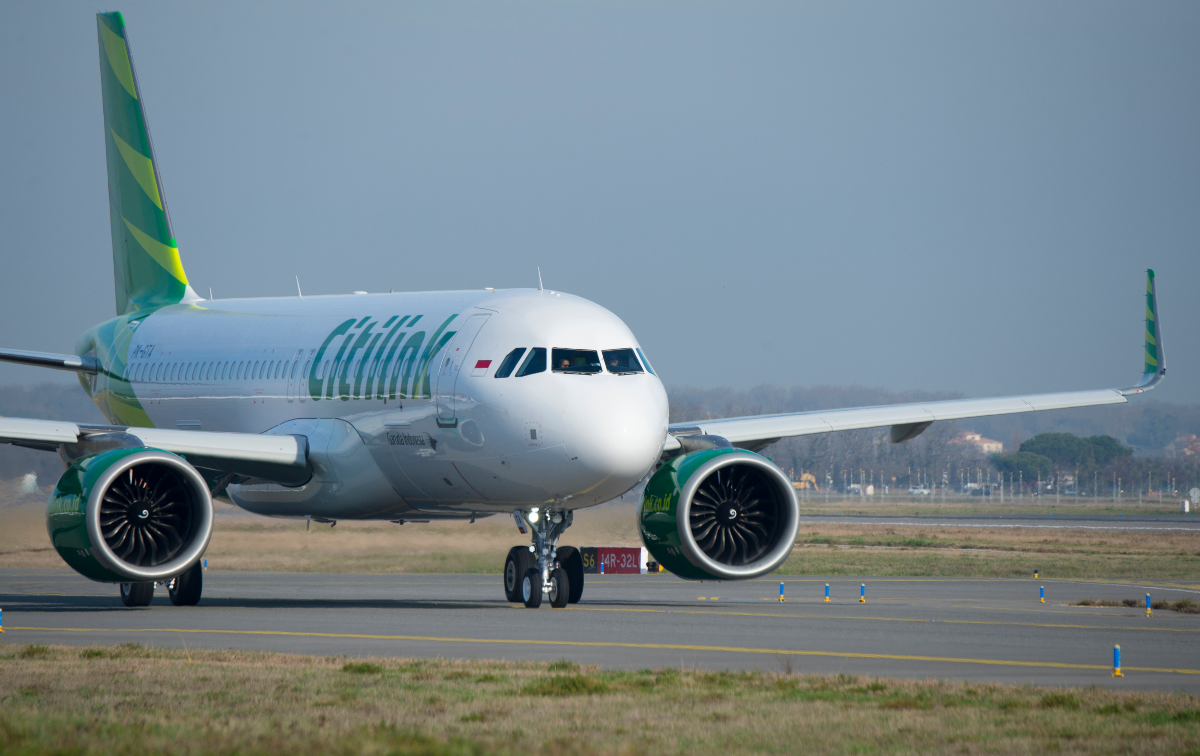Administrators of Garuda Indonesia have had a busy week as a critical court-appointed deadline looms. After a slow start in recognizing creditors' claims, the airline's administrators have now verified claims worth US$8.3 billion, including more than $537 million owed to Airbus, as the restructuring pace starts to pick up.
Garuda Indonesia looks set to keep flying
The administrators have also confirmed a two-stage rights issue, with the Indonesian Government contributing $520 million to retain a 51% stake in Garuda Indonesia. Further, the administrators are fronting a Jakarta bankruptcy court today, Thursday, June 9, with their restructuring plan and will take it to creditors for a vote later this month.
After months of procrastination, it's suddenly all go, and like a cat with nine lives, Garuda Indonesia looks like it will survive its third restructuring in as many decades and live to fly on. But what will the Indonesian flag carrier look like when it comes out of the restructuring process?
"They have a plan that's been announced, and they're cutting their fleet back as a Group by 30% to 40%. They will be reducing a lot of international routes, particularly the long-haul routes - not everything will come back," aviation analyst Brendan Sobie told an IBS webinar about Indonesia's aviation market on Thursday.
"Some of the aircraft that are now grounded, some of those will be returned as part of the restructuring process. But they also have a lot of grounded aircraft that are in their fleet plan that haven't yet being reactivated, at Citilink as well as Garuda, so there will be a lot of capacity that comes back into the market from both airlines."
Does Garuda's future lie with low-cost subsidiary Citilink?
Citilink is Garuda's low-cost subsidiary. Citilink currently has around 13% of Indonesia's domestic market compared to Garuda's 5%. "It's pretty clear that Garuda has a small level now of domestic and international market share, and they'll be focusing on the core routes that were profitable and have a better opportunity in the long term," said Mr Sobie.
Along with Singapore Airlines, Garuda Indonesia has applied to codeshare on some of Singapore Airlines' long-haul flights to the United States, indicating how Garuda might play out its long-term long-haul strategy using alliances and other airlines' metal.
Garuda's restructuring plan is finally moving forward
In court on Thursday, Garuda's administrators will explain how they plan to restructure the airline and reduce its crippling debt. They need the court's approval to take their plan forward to a creditors' meeting later this month. Much of the delay in getting the restructuring plan this far along is due to complex negotiations with many creditors. The bulk of those creditors, including Airbus, will need to approve the restructuring plan at this month's meeting, and that will involve the creditors taking a substantial financial hit.
Brendan Sobie says a smaller and leaner Garuda Group will leave a void in the international and Indonesian domestic markets. He believes Citilink will come back strongly simply because the low-cost segment is where the Indonesian aviation market is growing the fastest.
"The full service (Garuda Indonesia) product will be a lot smaller. Garuda will be an interesting airline to watch because they are not yet completely out of the restructuring process, and of course, the Indonesian Government has launched another airline called Pelita, so there are now three Government airlines - the Indonesian Government has three balls to use as the market recovers, which makes things very interesting."




